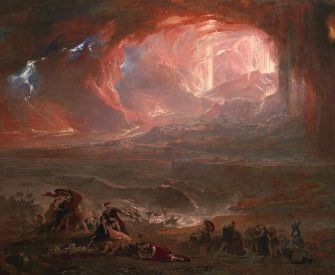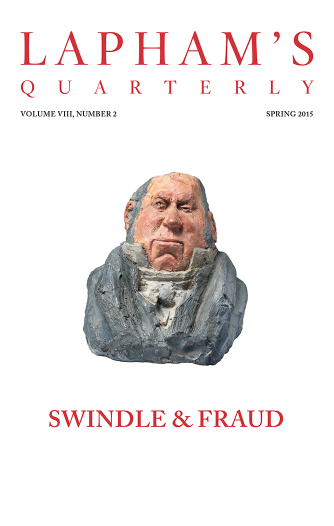We do in all humbleness complain unto Your Majesty of the general destruction and waste of wood made within this your kingdom, more within the twenty or thirty past years than in any hundred years before. Little respect is taken but by Your Majesty for the posterity and prosperity of your kingdom; there are too many destroyers, but few or none at all plant or preserve. By reason thereof, there is not timber left in this kingdom at this instant only to repair the buildings of another age, much less to build besides, whereby this grievance daily increases. The reasons are many: First, the want of fire is expected, without which man’s life cannot be preserved. Secondly, the want of timber, brick, tile, lime, iron, lead, and glass for the building of habitations; timber for the maintaining of husbandry, for navigation, for vessels, for brewing and the keeping of drink, and all other necessaries for housekeeping; and bark for the tanning of leather, bridges for travel, pales for parks, poles for hops, and salt from the saltworks. The want of wood is and will be a great decay to tillage, and cannot but be the greatest cause of the dearth of corn, and hinders greatly the yearly breeding of many cattle, for which much straw is yearly burned so that the breeding of cattle might be employed. The want of wood in many places of this kingdom constrains the muck of cattle to be burned, which should be employed to the strengthening of land, and so does the want of hurdles for the folding of sheep. The want of wood causes too many great losses by fire that come by the burning of straw. And so it may be conceived: no wood, no kingdom.
Arthur Standish, from The Commons Complaint. In the early 1600s, Standish traveled across England to assess how much usable forest remained. “Within thirty years all springwood may be converted to tillage and pasture,” he wrote. Rapid deforestation had caused prices to rise faster than they had in decades; Standish recommended the cultivation of fruit trees, the improved treatment of livestock and wildfowl, and the use of lime fertilizer for soil.
Back to Issue


